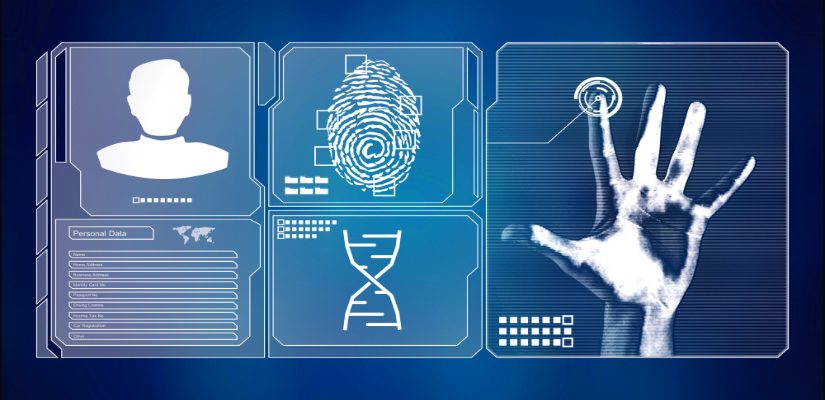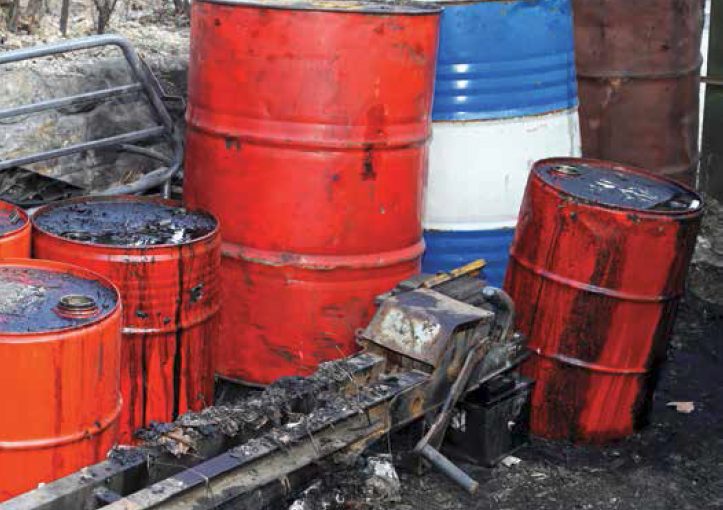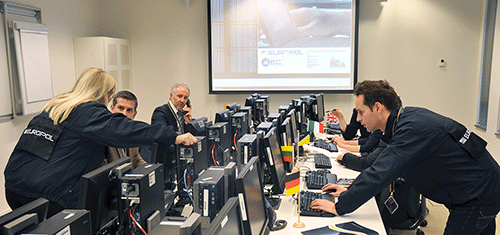Colorado’s Cold Case Task Force: A Blueprint for Improving Cold Case Investigation and Developing Trust between Co-victims and Law Enforcement" displayText='ShareThis'>
Share
Unresolved or “cold case” homicides represent some of the most challenging cases for law enforcement to successfully solve and prosecute. Despite growing media attention and increasing public awar...
Share
The threat to critical police data in today’s world is real and growing at an exponential rate as agencies become more dependent upon digital technology for day-to-day operations. In addition, cyber...

Share
Why do forensic service providers need a quality assurance program? What is a quality assurance program? If an agency does not have a crime laboratory, why worry about it?
First and foremost, law e...

Share
Rethinking the Ownership of Crime Labs: No Matter Who Is in Charge, Jurisdictional Commitment Is Key
It is doubtful that any police chief would agree to run a hospital or an engineering firm. Hospitals and engineering firms are not police business, and they require skill sets and value systems unique...
Share
Since the introduction of modern sciences into law enforcement in the late 1920s with what is called today “crime labs,” a tremendous revolution in the application of technology to fight and preve...

Share
Crimes involving the environment and natural resources typically are not on the radar of local police officials. Yet, closer examination reveals that these often hidden crimes also pose serious threat...

Share
The globalization of organized crime and terrorism brings a new challenge to the men and women in law enforcement both within the intelligence communities and, most of all, on the front line.The tragi...

Share
Historically, law enforcement agencies have been segregated by jurisdiction and in many cases, attitudes. The unfortunate reality that existed in the police culture was a mind-set of city limits versu...



